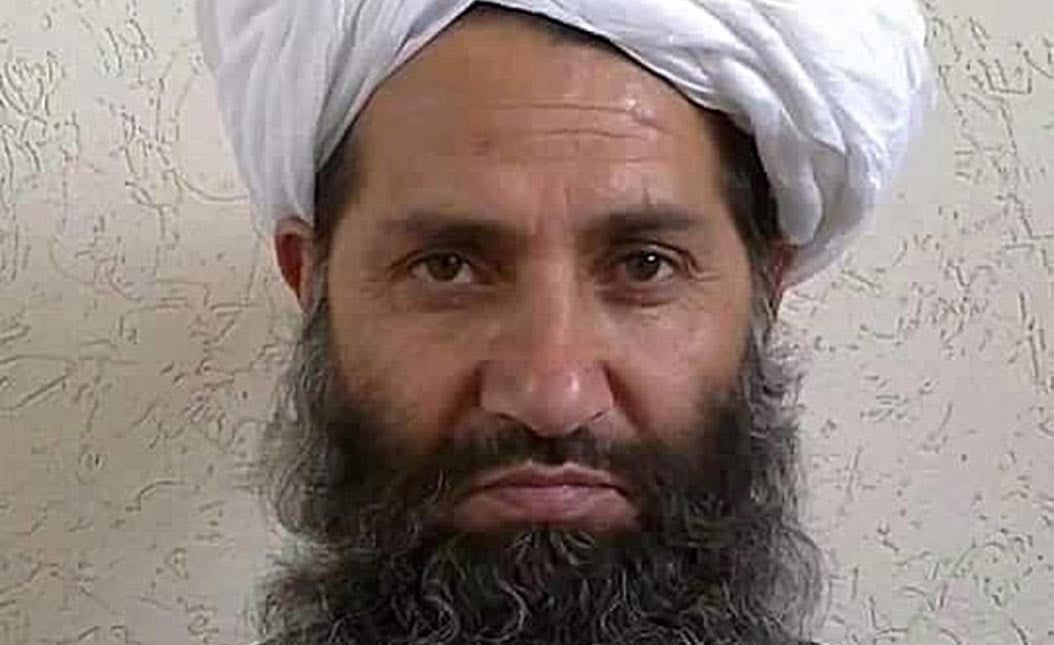
Taliban’s new leader Haibatullah’s intransigence hints at a long battle in Afghanistan

Even after 15 years of counter-terrorism operations, peace continues to elude Afghanistan and the country remains vulnerable to terrorism.
How to achieve peace in the strategically located country? The issue keeps occupying the minds of leaders, policy-makers and think-tanks around the globe, more so in the neighbouring countries like Pakistan, which has a long porous border with Afghanistan, dotted with 144 natural passes. Pakistan has rendered immense sacrifices in the US-led anti-terror war.
As a result of war on terror, at least 21,500 civilians were killed in Pakistan between 2001 and 2014, according to a report by the Brown University’s Watson Institute for International and Public Affairs, while the country also suffered a loss of $107 billion during these last 14 years. In the subsequent fiscal year ending June 30, 2015, Pakistan suffered a loss of $4.53 billion, says Pakistan Economic Survey 2014-2015.
Understandably, Pakistan has a vital stake in peace and stability in Afghanistan. The security challenges facing Pakistan cannot be addressed unless Afghanistan achieves stability, says Sartaj Aziz, Advisor to the Prime Minister on Foreign Affairs.
Afghan President Ashraf Ghani came to power in September 2014, with key electoral promise of delivering peace to Afghanistan. With things remaining as they are, Ghani may find him unable to deliver peace to his people. This could pose grave challenges to his presidency. Given the situation, Pakistan is being pressed hard to take action against the Afghan Taliban within its borders.
After launching Zarb-e-Azab operation, Pakistan has already eliminated some 99 per cent militants while the rest remain entrenched in some small pockets in the mountainous region along the Pak-Afghan border. Meanwhile, Pakistan’s Chief of Army Staff, General Raheel Sharif, has reiterated that the year 2016 will be the year of success against the menace of terrorism in Pakistan.
As the Afghan conflict is old and complex, involving foreign powers and non-state actors, experts believe that peace in Afghanistan looks a distant dream, especially after declaration by the Taliban’s new leader Haibatullah Akhunzada that the militants will continue to fight in a bid to counter the belief that after Mullah Akhtar Muhammad Mansour’s demise the Taliban would agree to reconciliation.
This may lead one to the conclusion that the drone strike that killed former Afghan Taliban leader Akhtar Mansour was counterproductive to the peace process because the progress made so far on a future strategy for bringing the Taliban to the negotiating table seems to have been lost.
Raheel Sharif has expressed serious concerns over the US drone attack in Balochistan. Condemnation is a very small word for drone attacks as these strikes violate Pakistan’s sovereignty, and the issue will be raised at every appropriate forum, he added.
Credibility of some countries, like the US, which say one thing and do another, is another casualty of the drone attack. Remember at the 5th Quadrilateral Crisis Group (QCG) meeting held in Islamabad days before the drone attack, both the US and Afghanistan joined Pakistan and China in calling for a negotiated settlement of the crisis. But, while the call for the negotiated settlement was still ringing in the ears, the US stealthily launched the drone attack and killed Mulla Mansour.
While there is no magic concept to make peace in Afghanistan, the QCG countries remain engaged in a "waiting game," stated Rahimullah Yusufzai, an expert on Afghan affairs who is fully familiar with Afghan customs, traditions and norms. He was speaking at a recent conference on the "Evolving Situation in Afghanistan," jointly organised by the Islamabad Policy Research Institute and German Hanns Seidel Foundation in Islamabad.
"Kabul has been waiting for the Taliban to become weak and face divisions, more so after Mulla Omar’s death. It is also waiting to strengthen its forces to defeat the Taliban," Yusufzai said. Meanwhile, Afghanistan and Pakistan are waiting for each other to make the first move. Kabul is waiting for Islamabad to launch military action against the Taliban; while Islamabad is waiting for Kabul to take action against Pakistani Taliban and ensure that India does not use the Afghan soil to destabilise Pakistan.
The US is waiting for Pakistan to initiate action against the Haqqani network and has been repeatedly asking Islamabad to do more to bring the Taliban to the negotiating table. On the other hand, China is waiting for everyone else to make up their mind so that it could commit itself one way or the other.
As regards Taliban, according to knowledgeable circles, they are waiting for the withdrawal of foreign troops to gain control over the country.
Mulla Mansour’s death in the drone attack leads one to the conclusion that the US only wants to use the talks as a ploy to identify the Afghan leaders and once that was done it lost all interest in the QCG process. Peace and stability has become a casualty of this waiting game.